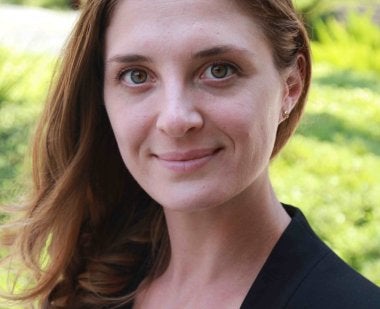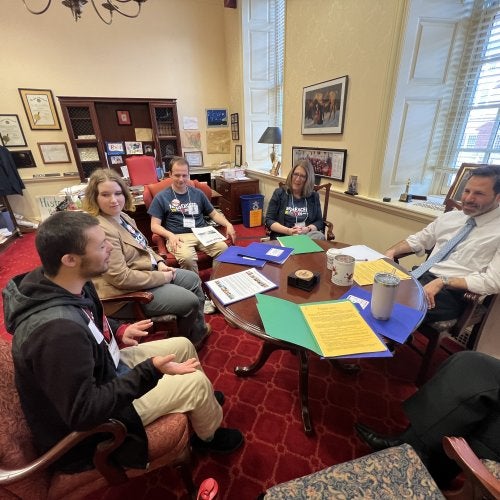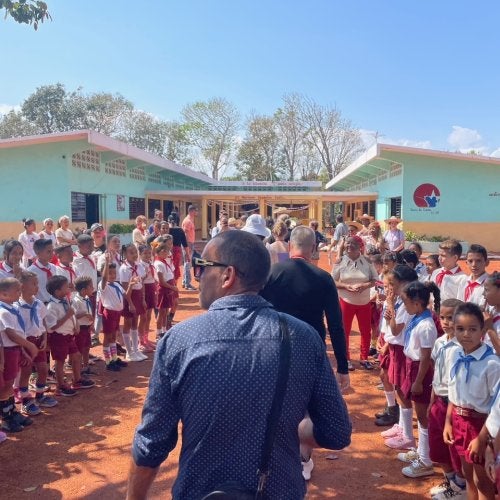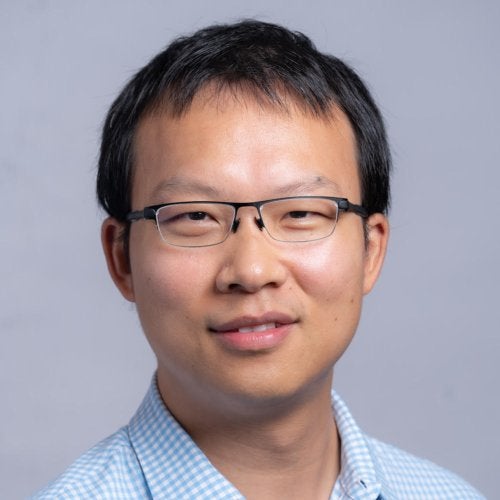
COLLEGE PARK, MD (January, 2017) – Magdalena H. Gross, Ph.D., assistant professor at the University of Maryland College of Education, received a grant from the Library of Congress to develop workshops for educators on how to teach students about the history of slavery in Maryland. Dr. Gross’ project, Teaching the Difficult Past: Making Sense of Slavery with Primary Sources from The Library of Congress, will culminate in professional development workshops for UMD student-teachers.
“The aim of these workshops is to help teachers to present difficult history in their classrooms, by focusing on local stories about enslavement in the state of Maryland,” Dr. Gross said. “We also want this project to help teachers to link the past to the present in their students’ minds through the development of critical thinking skills.”
Dr. Gross cites current controversies, ranging from the naming of campus buildings after slaveholders or segregationists to police brutality, as examples of issues with roots in the past that have present-day implications.
The $20,000 grant award from the Library of Congress will be used to create day-long professional development workshops for pre-service teachers in the undergraduate and MCERT (Master’s Certification) programs in social studies education at the College of Education. To be held in 2018, the workshops will prepare teachers to create learning experiences for middle and high school students that focus on slavery in Maryland. Pre-service teachers will be instructed on using primary sources, including those from the Library of Congress, to tackle Maryland’s difficult past in the classroom.
Dr. Gross’ research expertise is in global history education, with a particular interest in how students understand complicated and difficult periods of history within their own country. She is a faculty member in the Department of Teaching and Learning, Policy and Leadership.
Dr. Gross has led several research projects in Poland, seeking to understand what Polish students are learning about complicity in the Holocaust. Born in the United States to Polish-Jewish immigrant parents, a number of her research projects focus on Polish Catholic-Jewish relations.
“Poles were both victims of Stalin and Hitler while simultaneously they were perpetrators [of violence against Jewish people],” Dr. Gross said.
Her research found that many Polish students want to know about Jews and the Holocaust, yet they don’t learn about Polish involvement in the Holocaust in schools and focus blame for the violence solely on Germans.
“The students tend to do what I call ‘domesticate the difficult past,’” Dr. Gross said. “It’s a metaphor for taming, or explaining away, events that are almost too horrible to explain. Even with the presentation of evidence of Polish involvement, many students let what they want to be true override the implication of the photographic evidence they were shown.”
Her research suggests that school is an important source for students to receive new and critical information about a country’s history. Dr. Gross notes that Poland, where the vast majority of the population is Catholic, represents a different scenario in terms of teaching difficult histories than the United States’ diverse demographics, where there are likely to be multiple cultural narratives regarding historical events.
Yet, according to Dr. Gross, both education about the Holocaust in Poland and education about slavery in the United States represent a challenge to educators who may not know how to teach students about the brutal past.
The professional development workshops will be designed to help teachers teach students about the important and lasting legacy of slavery in the United States, as well as to help students use primary sources to develop critical thinking skills and create complex understandings of history.



